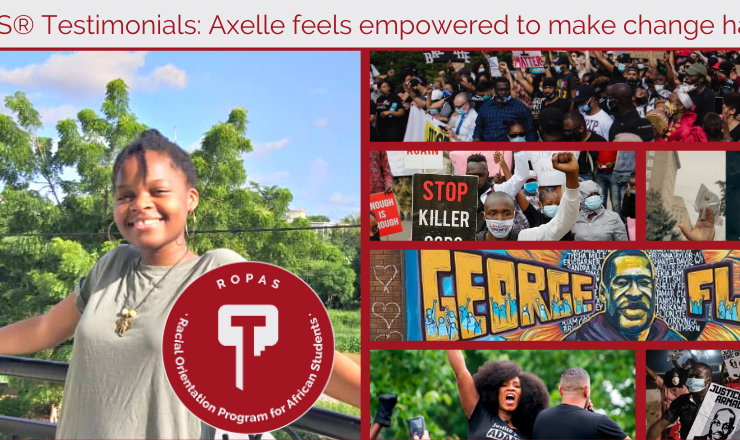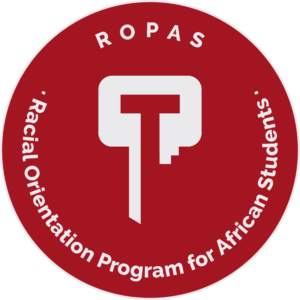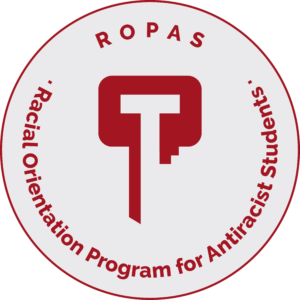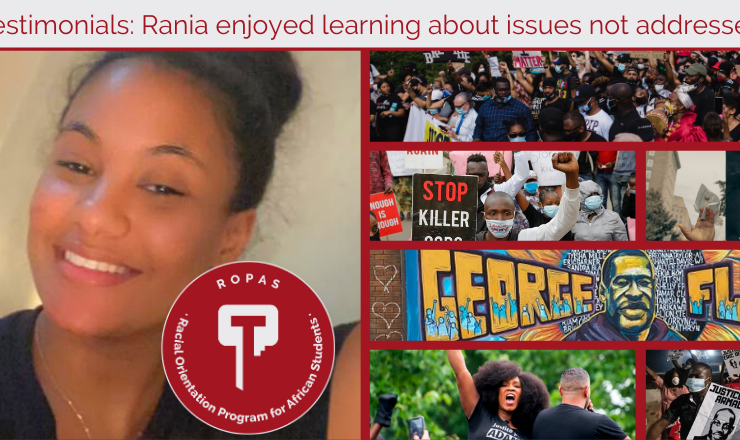ROPAS® is an interactive course for high school and university students that uses the Black Lives Matter movement as a gateway to address the history of racism, the history of resistance, the collateral damages of racism in our societies, and the commitment to antiracism.
ROPAS stands for:
- Racial Orientation Program for African Students: it was initially created as a camp to prepare students living in Africa to transition from life on the continent as high schoolers to life outside Africa as college students.
- Racial Orientation Program for Antiracist Students: the course is transformational for all young people who want to be better equipped to understand the systems of inequity that exist worldwide and reflect upon the role they can play to create change.
In a few months, we took ROPAS around the world. We worked with over 160 high schoolers and university students in Mali, the United Kingdom, Japan, and Switzerland.
Watch the presentation video
Learn more about the program, and meet the instructor and creator of ROPAS, Estelle Bougna Fomeju:
Learning objectives
At the end of the full ROPAS® course, students will be able to:
- Construct a cohesive analysis of racism;
- Examine the inseparable link between oppression and resistance;
- Determine their commitment to antiracism;
- Critique and face racism rationally and not only emotionally;
- Feel more confident and rooted to navigate the world.
- Effectively research, analyze, synthesize and present information on a new topic;
- Defend their opinions and interact with different views.
ROPAS® is rooted in the global fight for equity
How do you deconstruct systems of oppression and injustice? The same way they were constructed: by dismantling racist policies and racist ideas. Our objective is to use the power of student-centered education to dismantle racist ideas and prepare generations that will design and advocate for antiracist policies.
Hear directly from students
Check out the short bilingual videos and transcripts from some of the students who participated in ROPAS. They share with you what they loved about the program, what they learned, and the transformational impact it had on them.




